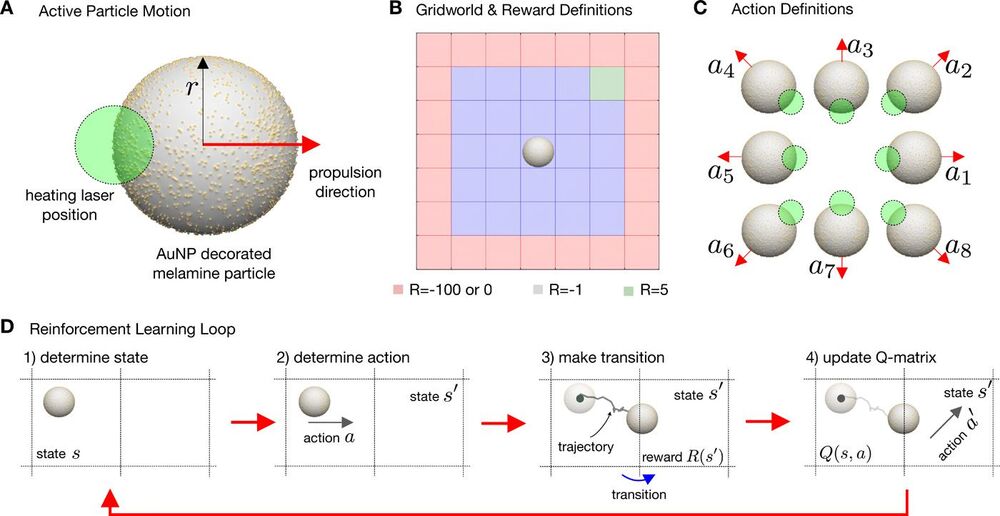Investing in inter-generational solutions for healthy aging — trent stamp, CEO, the eisner foundation.
Trent Stamp is the CEO of The Eisner Foundation (https://eisnerfoundation.org/), an organization founded by Jane and Michael D. Eisner (the former Chairman and CEO of The Walt Disney Company), that identifies, advocates for, and invests in high-quality and innovative programs that unite multiple generations for the enrichment of our communities. Trent has been in this role since 2008 and under his leadership, The Eisner Foundation became the only foundation in the U.S. investing solely in intergenerational solutions, garnering many honors and awards including Generation United’s Leadership Award.
Trent is recognized as one of America’s leading experts on healthy aging and the benefits of intergenerational programs. He has recently been published on aging issues in Harvard Business Review, Forbes, and Next Avenue, and has presented at South by Southwest and the American Society on Aging’s annual conference, among others. He serves as a board member for Grantmakers in Aging and is on the Milken Institute’s Center for the Future of Aging’s Board of Academic and Policy Advisors.
Previously, Trent was the founding President of Charity Navigator, the nation’s largest and most-used evaluator of American charities and nonprofits, Vice President of Communications for Teach For America, a Presidential Management Fellow for the Social Security Administration, and a legislative aide for U.S. Representative Robert Matsui. Trent started his career as a Teach For America teacher in rural North Carolina.
Trent has regularly appeared as an expert analyst for national television and radio shows, including The Today Show, 20/20, Good Morning America, and The Daily Show.






